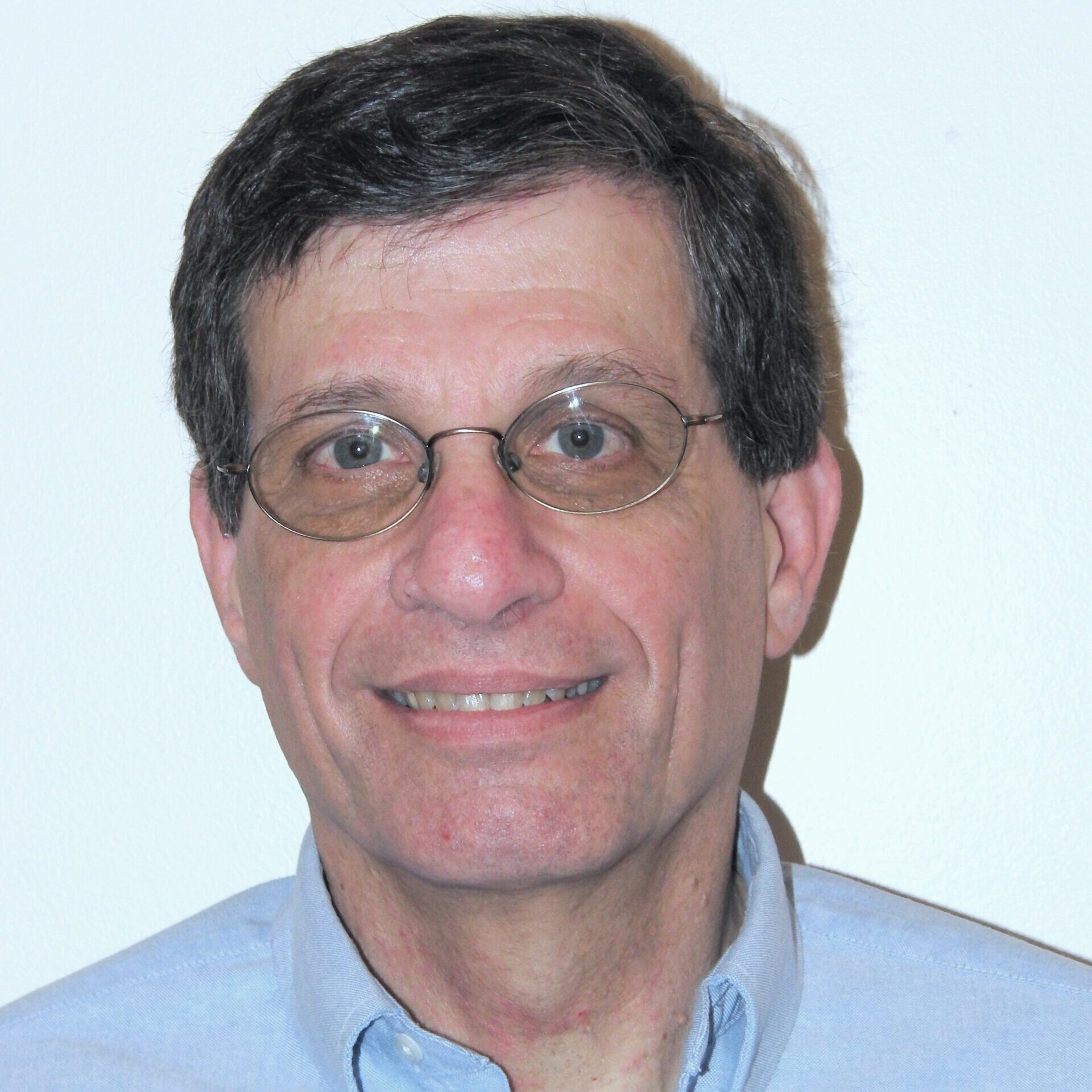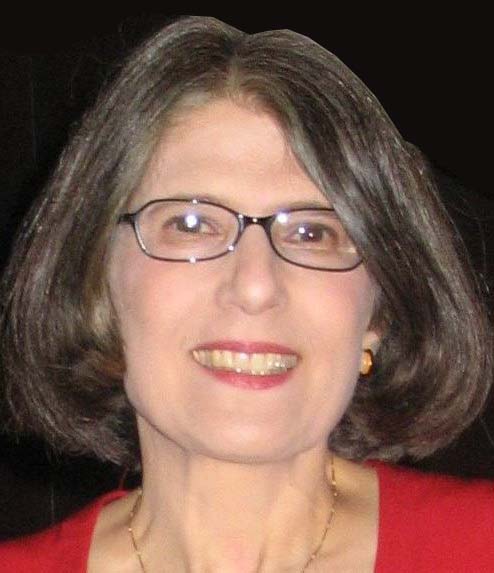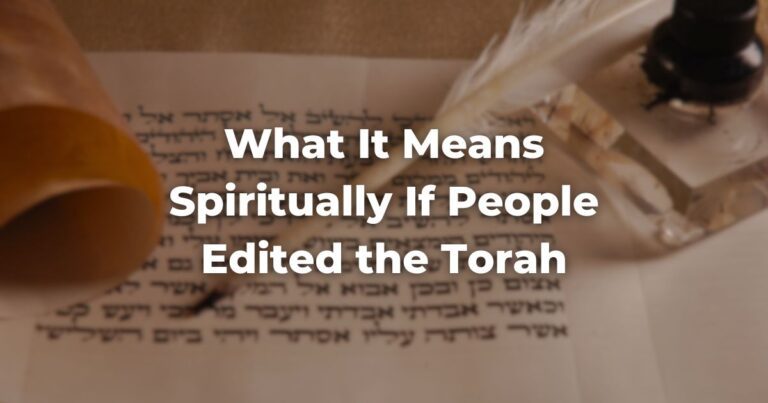NOTE: INFORMATION ON THIS PAGE IS FROM 5782/2022. PLEASE CONSULT YOUR 5783 LUAH FOR ANY CHANGES.
We recite סְלִיחוֹת seliḥot beginning the Saturday night before Rosh Hashanah to prepare ourselves for the upcoming Days of Repentance.
In a year when Rosh Hashanah begins on a Sunday night or Monday night, as in the coming year (Fall 2022), we begin סְלִיחוֹת a week earlier so that we have enough time to prepare in advance of Rosh Hashanah.
- Recite the first סְלִיחוֹת at midnight, an expression of our eagerness to begin the process of repentance.
- On subsequent days, recite סְלִיחוֹת before Shaḥarit every morning until Yom Kippur, except Shabbat and Rosh Hashanah.
The standard סְלִיחוֹת seliḥot liturgy includes:
- אַשְׁרֵי ashrey and חֲצִי קַדִּישׁ Short Kaddish
- Various פִּיּוּטִים piyyutim, distinct liturgical poems for each day
- The Thirteen Attributes of God, יי יי אֵ·ל רַחוּם וְחַנּוּן . . . adonay adonay el raḥum veḥannun (based on Shemot 34:6–7)
- שְׁמַע קוֹלֵנוּ shema kolenu,אָשַׁמְנוּ ashamnu, and other סְלִיחוֹת prayers that appear in the Yom Kippur liturgy
- Short תַּחֲנוּן taḥanun
- קַדִּישׁ שָׁלֵם Full Kaddish
Copyright © 2010–2022 by Miles B. Cohen and Leslie Rubin. Reprinted with permission of the publisher.
Authors
-

Rabbi Miles B. Cohen, ordained by the Jewish Theological Seminary, developed curriculum material at Melton Research Center for more than twenty years. He taught students preparing to be rabbis, cantors, educators, and lay leaders. He lectures and conducts workshops across North America on synagogue practice. Rabbi Cohen creates guides and interactive software to learn to chant TorahRefers to the first five books of the Hebrew Bible, the Tanakh, also called the Five Books of Moses, Pentateuch or the Hebrew equivalent, Humash. This is also called the Written Torah. The term may also refer to teachings that expound on Jewish tradition. Read more, haftarah, and megillot, and for learning nusaḥ skills and Hebrew grammar.
View all posts -

Leslie Rubin is a professional editor, specializing in Jewish studies, who has edited and indexed numerous books on technical and academic subjects. In addition, she developed educational and training materials, with an emphasis on usability and concision.
View all posts







